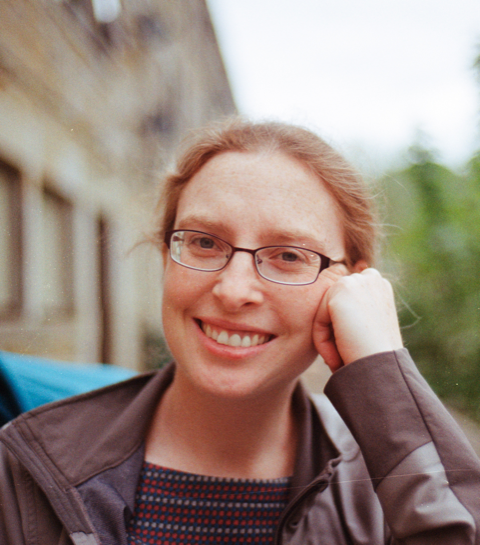Living with a shoulder fracture: an interview study
Pauline May - Senior Physiotherapist, East Lancashire Hospitals NHS Trust

NIHR Pre-Doctoral Fellowship with the Person-Centred Complex Care (PCCC) theme
Background: Shoulder fractures (proximal humerus fractures) are painful and debilitating injuries, and account for approximately 6% of all fractures in adults. The incidence of shoulder fractures is escalating due to an increasing life expectancy and higher incidence of osteoporotic fractures. Following a shoulder fracture, common problems include pain, swelling, and loss of movement, which contribute to disability and loss of independence. Many people continue to suffer following a shoulder fracture and do not always return to previous levels of activity. Information that is given to people following this injury can be very difficult to understand. To ensure that information is accessible and fit for purpose, it is necessary to understand the lived experience of a shoulder fracture and what is important to those who have sustained this injury.
Research aims and objectives: To gain an understanding of the experience of people living with a shoulder fracture and their needs with respect to information provision.
Methods: The study is a longitudinal telephone interview study using a semi-structured approach, which will allow for in depth exploration of patients’ views and experiences. The first interview will take place approximately one month post injury and the follow-up interview will take place approximately four to six months post injury. This will allow for exploration of the experiences and priorities of participants along the timeline of recovery. A variety of participants will be recruited, varying by age, gender, and levels of deprivation. The interviews will be audio-recorded, transcribed, and pseudonymised. The transcripts of the interviews will be analysed thematically to generate themes.
Patient and public involvement: PPI is being considered throughout all stages of the study. Five public advisers have been consulted. They are people with experience of a shoulder fracture and in the age range of the sample group, but who are not participating in the study itself. The PPI group have been involved in the study design and methods and have reviewed the participant information sheets and consent forms. They will also be consulted on the implications of the study findings and validity of the conclusions from a public perspective. They will contribute to the dissemination of the study findings by contributing to the writing of the plain English summary that will be sent to participants following the study.
Potential impact: Participation in the interview study will allow the researcher to gain insight into what factors may influence recovery after a shoulder fracture and therefore may improve outcomes for people in the future following a shoulder fracture.
Experience of the internship: “I was planning on applying for the NIHR Pre-Doctoral Clinical and Practitioner Academic Fellowship (PCAF) and I contacted ARC NWC for some support in my application. I had previously applied for the PCAF, and my application was deemed fundable but not prioritised. The application is substantial, and it was difficult to get a competitive application together whilst working clinically. The ARC NWC internship provided time to dedicate to the application process. I used my time during the internship to complete the writing of a journal article and submit this to a peer-reviewed journal. I also developed my research proposal and training plan for the PCAF application. I had great support from George Georgiou (ARC NWC Research Capacity Delivery Manager), especially in giving me some training on the IRAS ethics submission form. I am pleased to say that I was successful in the PCAF application the second time round.”
Links:
• Publication – Rehabilitation following proximal humeral fracture in the UK National Health Service: a survey of publicly facing information
• Publication – An analysis of publicly available National Health Service information leaflets for patients following an upper arm break
• Poster – Developing an application for the Pre-Doctoral Clinical and Practitioner Academic Fellowship (PCAF): The collective experience of a community of physiotherapists
For more information, contact pauline.may@elht.nhs.uk